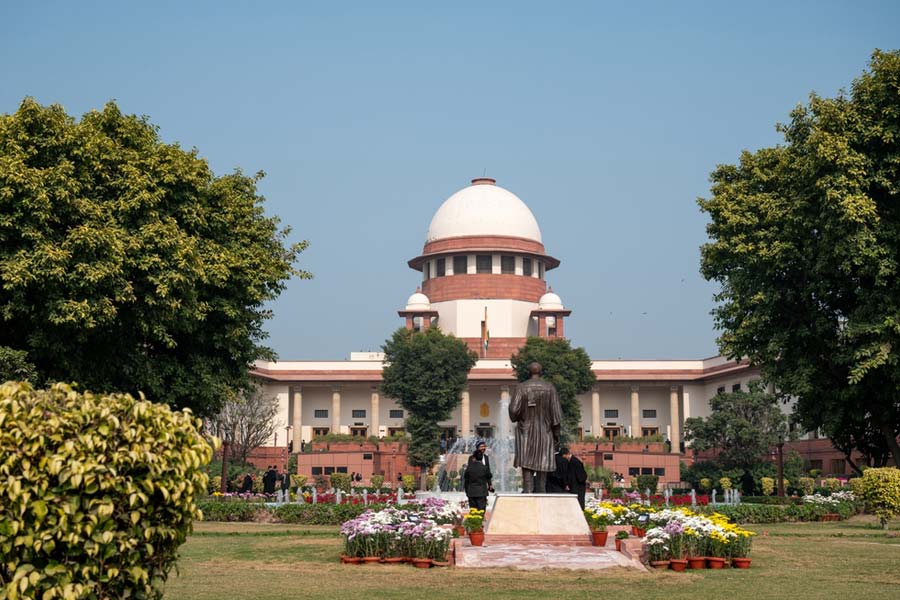The Supreme Court on Friday removed the 30 per cent cap on the interest rate charged by banks for delayed repayment of credit card dues, in a verdict that will inconvenience lakhs of users.
A bench of Justices Bela M. Trivedi and Satish Chandra Sharma passed the verdict while allowing a batch of pleas filed by several banks challenging a 2008 ruling of the National Consumer Disputes Redressal Commission (NCDRC) that had capped the maximum interest chargeable by banks at 30 per cent.
The Standard Chartered Bank, Citibank, American Express and HSBC were among the petitioners.
The apex court on Friday set aside the NCDRC judgment but the official verdict had not been uploaded on its website till late at night.
Dealing with a raft of complaints filed by individuals and NGOs, the NCDRC had in 2008 capped the maximum permissible interest rate charged by banks and non-banking financial companies (NBFCs) at 30 per cent.
The NCDRC had put an embargo on high interest rates of up to 49 per cent charged by these lenders.
While dealing with the dispute, the NCDRC had come down heavily on the Centre and the RBI for failing to crack the whip on these banks and NBFCs.
It had objected to the Centre’s argument that it had no power to deal with such a levy as it was a matter between the customer and the lenders.
“Prima facie, this stand by the central government appears to be without considering the reality of life. Consumers who are in absolute need have no bargaining capacity and are forced to pay interest which is unjustifiable, unreasonable and coercive,” the NCDRC had observed in one of its orders.
“There must be some control on such banking and financial institutions with regard to the rate of interest and to protect the consumers.... In a welfare state, the financial institutions cannot be permitted to take advantage of the financial weakness of the consumers and enrich themselves. If this is permitted, the whole purpose of the Consumer Protection Act would be frustrated,” it had said.
The NCDRC also noted that the RBI had through various circulars repeatedly emphasised that usurious rates could not be charged by banks. However, it appeared that there was no control over this issue and that the banks and NBFCs were exploiting the situation, it had said.
“We would add that under the Consumer Protection Act, such rates of interest would amount to exploitation of the borrowers’ needs and, to a large extent, amount to unfair trade practice,” the NCDRC had observed.
The NCDRC had also noted that while several states had passed orders restricting lenders from charging interest rates beyond a particular limit, the Centre had not issued any such directions to the banks and NBFCs.
The NCDRC had observed that it appeared as if the Centre and the RBI had given a green signal to the lenders to charge interest rates depending on the vulnerable circumstances of the borrowers.
“A needy person can be exploited without any restriction. In our view, this is against the spirit and object of the Consumer Protection Act,” it had said.











